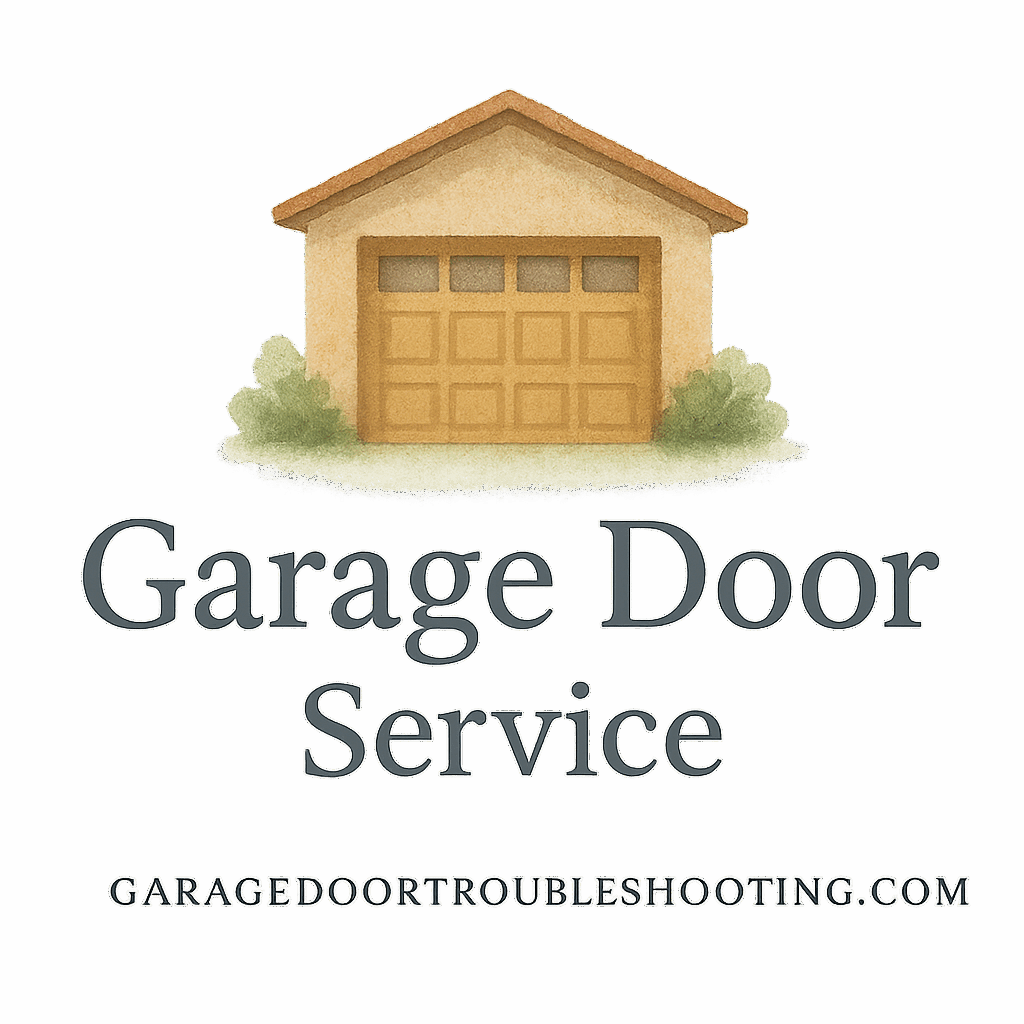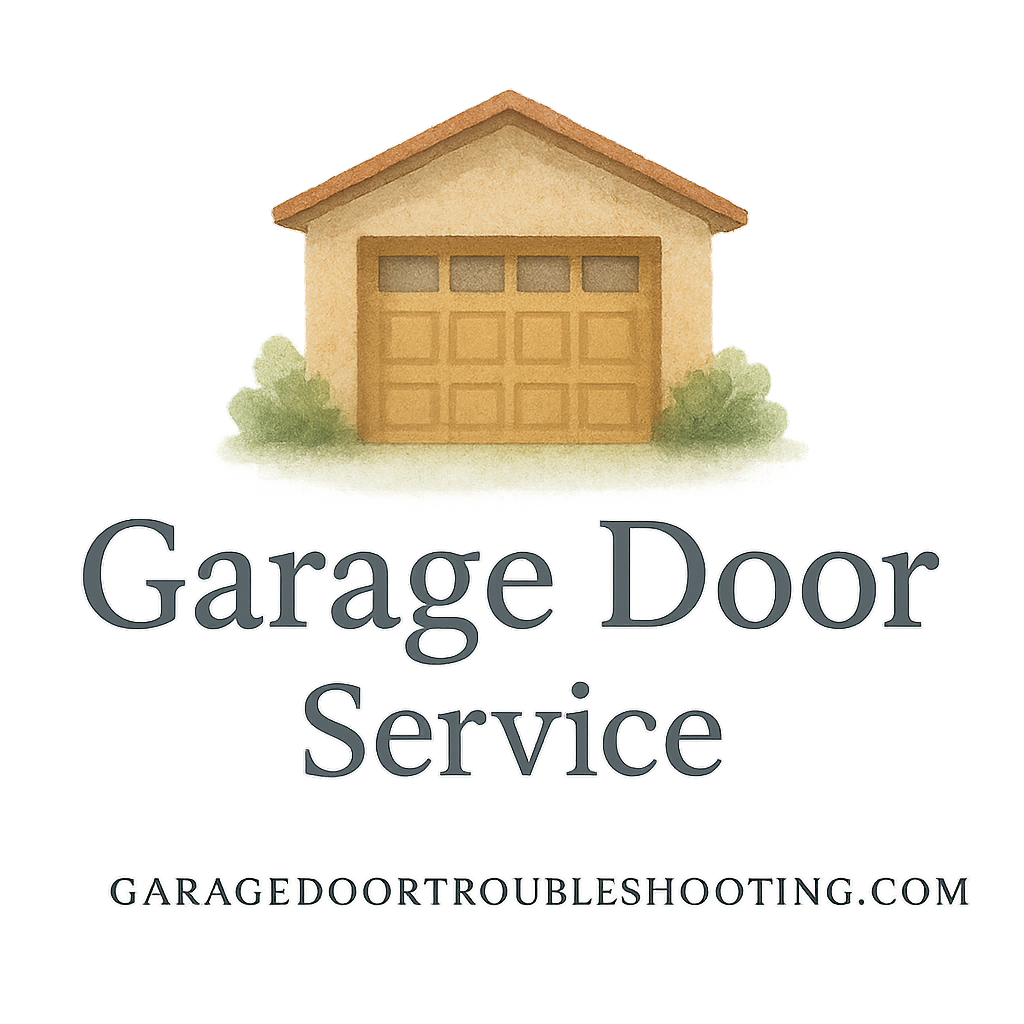Introduction
Let’s face it — installing a garage door isn’t your average weekend DIY project. It’s heavy, technical, and one wrong move can cost you big time — in money, injuries, or both. That’s why hiring a pro for your garage door installation just makes sense.
In this article, we’re diving deep into the 6 key benefits of hiring a professional for garage door installation. If you’re a homeowner considering going the DIY route, this might change your mind. We’ll also link you to some essential garage door troubleshooting resources and planning guides to help along the way.
1. Expertise and Experience
Why Experience Matters
When you bring in a seasoned garage door pro, you’re not just paying for installation — you’re investing in years of hands-on knowledge. Professionals have worked with all types of doors, from roll-ups to carriage styles, and they know exactly how to handle the quirks that come with each.
Explore more on garage door installation advice to get an idea of how complex things can get.
Certified vs. DIY Installers
Let’s be real: watching a few YouTube videos doesn’t equal hands-on training. Certified installers know how to deal with alignment, spring tension, sensors, and system calibration. DIY attempts often lead to dangerous repairs and poor performance.
2. Safety First – Avoid Dangerous Mistakes
Heavy Lifting Isn’t Just a Phrase
Garage doors can weigh anywhere from 130 to over 400 pounds. That’s not something you want to manhandle without proper tools or training. Hiring a pro reduces the risk of injuries, especially if you have children at home. (Check out our childproof garage tips.)
Avoid Risky DIY Repairs
DIYers often underestimate the danger in garage door springs. These things are under high tension and can snap violently if mishandled. Instead of risking it, let a professional service provider do the heavy lifting — literally and figuratively.
For more safety-related insights, visit our garage door safety & security section.
3. Time-Saving and Efficiency
Professional Work in Half the Time
A pro can have your door up and running in a few hours. DIYers? You’re looking at a full weekend — maybe more if anything goes sideways. Time is money, and wasting both isn’t ideal.
Fewer Revisions and Callbacks
Professionals get it right the first time. That means no annoying do-overs or emergency fixes a week later. Plus, they know how to test the door properly to ensure it’s running smooth — avoiding issues that end up in our garage door repair guides.

4. Warranty and Insurance Protection
What Most DIYers Miss Out On
DIY installations usually void the manufacturer’s warranty. That means if something breaks, you’re covering the cost. A certified pro often includes a labor warranty, and they keep your product warranty intact.
Check out the buying guide tag to better understand warranty options.
Warranty = Peace of Mind
Knowing you’re covered if something goes wrong? Priceless. Not only are parts often included, but reputable companies offer follow-ups and service contracts too. Visit our garage door services professionals for more.
5. Access to Quality Tools and Materials
Not All Garage Doors Are Created Equal
A garage door isn’t just a slab of metal or wood — it’s an integrated system of tracks, sensors, motors, and tension-loaded springs. Pros use high-quality, durable materials you might not find at your local hardware store.
Pro Installers Bring the Right Tools
Specialized tools like tension gauges, torque wrenches, and laser levels help get the job done right. You won’t find these in your average toolbox, but they’re essential for a clean, accurate install.
For more, check out our garage door maintenance tips that rely on pro-level tools.
6. Long-Term Cost Savings
Prevent Costly Repairs Later
A poor installation leads to misalignment, uneven wear, and broken components. That means more repairs — and more bills. A pro prevents these issues from the start, which is why so many homeowner tips suggest going pro.
Efficient Installations Mean Lower Utility Bills
An improperly installed garage door can cause heat loss or air leaks, raising your energy bill. A tightly sealed door keeps your home more energy-efficient — another bonus in the long run.
Choosing the Right Garage Door Pro
What to Look for in a Professional Installer
- Licensing and insurance
- Proven reviews or testimonials
- Experience with your specific garage door type
- Transparent pricing and warranty terms
Browse trusted installation providers on our site.
Questions to Ask Before Hiring
- Do you provide a written estimate?
- What warranties do you offer?
- How long will the installation take?
- Can I see past projects or reviews?
These questions fall under our helpful questions tag.
Final Thoughts
Hiring a pro for garage door installation isn’t just a matter of convenience — it’s a smart, safe, and cost-effective choice. From safety and time savings to warranties and high-quality results, the benefits far outweigh the costs.
Want to make the right choice? Visit our garage door troubleshooting hub and check out all our resources, from DIY risks to maintenance plans and service quality insights.
FAQs
1. Is professional garage door installation worth the cost?
Absolutely! You’re paying for peace of mind, safety, warranty coverage, and long-term reliability.
2. Can I install a garage door myself?
You can, but it’s risky. Unless you have advanced tools and experience, it’s better (and safer) to hire a pro.
3. How long does it take for a professional to install a garage door?
Typically, 3–6 hours. Compare that to 1–2 days for DIY — if everything goes smoothly.
4. What should I look for in a garage door installer?
Look for licensed, insured professionals with good reviews and a clear warranty policy.
5. Will hiring a pro help my garage door last longer?
Yes, professional installation ensures your door operates smoothly and reduces the risk of early wear and tear.
6. Does professional installation include cleanup?
Most companies include cleanup and disposal of your old door — be sure to ask!
7. How often should I maintain my garage door after installation?
Check out our maintenance tips and aim for seasonal inspections or twice a year.


